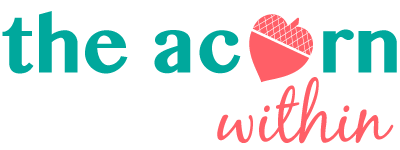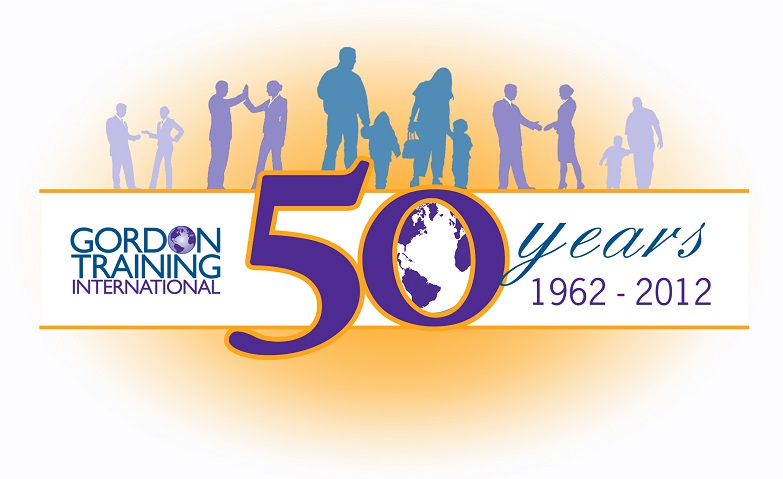To Thine Own Self Be True
A few months ago, Claudia received a letter from the Associated Board of the Royal Schools of Music (ABRSM), a Hong Kong/British testing system for musical ability. (As Americans, we were totally ignorant about this but Claudia's teacher sends all her students through this process and our daughter was game.)
With this missive, the ABRSM was to inform us whether she had passed the theory exam a few weeks earlier. Though Claudia enjoys piano, she doesn't relish theory; this was just a hurdle to pass before proceeding to the next level.
She had worked darn hard with a good deal of last minute preparation over the Chinese New Year holiday (going to her teacher's home every day for three hours!).
Claudia was on my bed watching MasterChef when I tossed the envelope to her, “Hey, your results!” “Did I pass?” she looked up. “I don’t know! I wanted to let you open it.” I grinned.
She quickly took the letter out, and then her brow furrowed; too long passed. I leaned over and saw she had failed by a couple of points.
I looked at her and she blinked and shrugged, “That’s fine. I can take it again.”
My heart busted open -- for her bravery, her stick-to-it-iveness, her gumption. But she wasn’t being congruent and I wanted to help her.
In his book that I so love, Dr. Thomas Gordon outlined the benefits of being more tuned in:
“Many people think they can get rid of their feelings by suppressing them, forgetting them, or thinking about something else. Actually, people free themselves of troublesome feelings when they are encouraged to express them openly. Active Listening fosters this kind of catharsis. It helps children to find out exactly what they are feeling. After they express their feelings, the feelings often seem to disappear almost like magic.”
So first I Active Listened (remember it’s not just the words, but also the body language, tone of voice and expressions we pick up when we AL):
"Honey, you seem a bit upset because, even though you know you can always take the exam again, you had put in so much hard work already!”
She was grateful and gave me that glance that I want to bottle and keep forever.
Then I gently moved into Consulting:
"You know, sometimes it really helps to put a name on our feelings. The feelings are there and if we acknowledge them, we help release them. I mean, they have to go somewhere, right? Would you say that right now you might be feeling sad, or disappointed, or . . .”
“Disappointed!” came the certain answer.
I continued:
"I see. So you can honor that feeling in yourself and still keep the other part of what you said. You can say, 'Wow, I feel disappointed. . . but I know I can take it again.' Do you want to say that?"
She repeated after me and felt better once she did. Instead of going into tough girl Solutioning mode -- I’ll be fine! There’s always next time. Mom, sign me up for the next exam -- she was pausing and being fully present with herself.
It was only after I turned 40 that I started to know my emotions and see what was going on as I made parenting decisions and other life choices, big and small. P.E.T. started a journey that I am now able to share with my daughter. At 11 years old, she is getting a huge head start.





